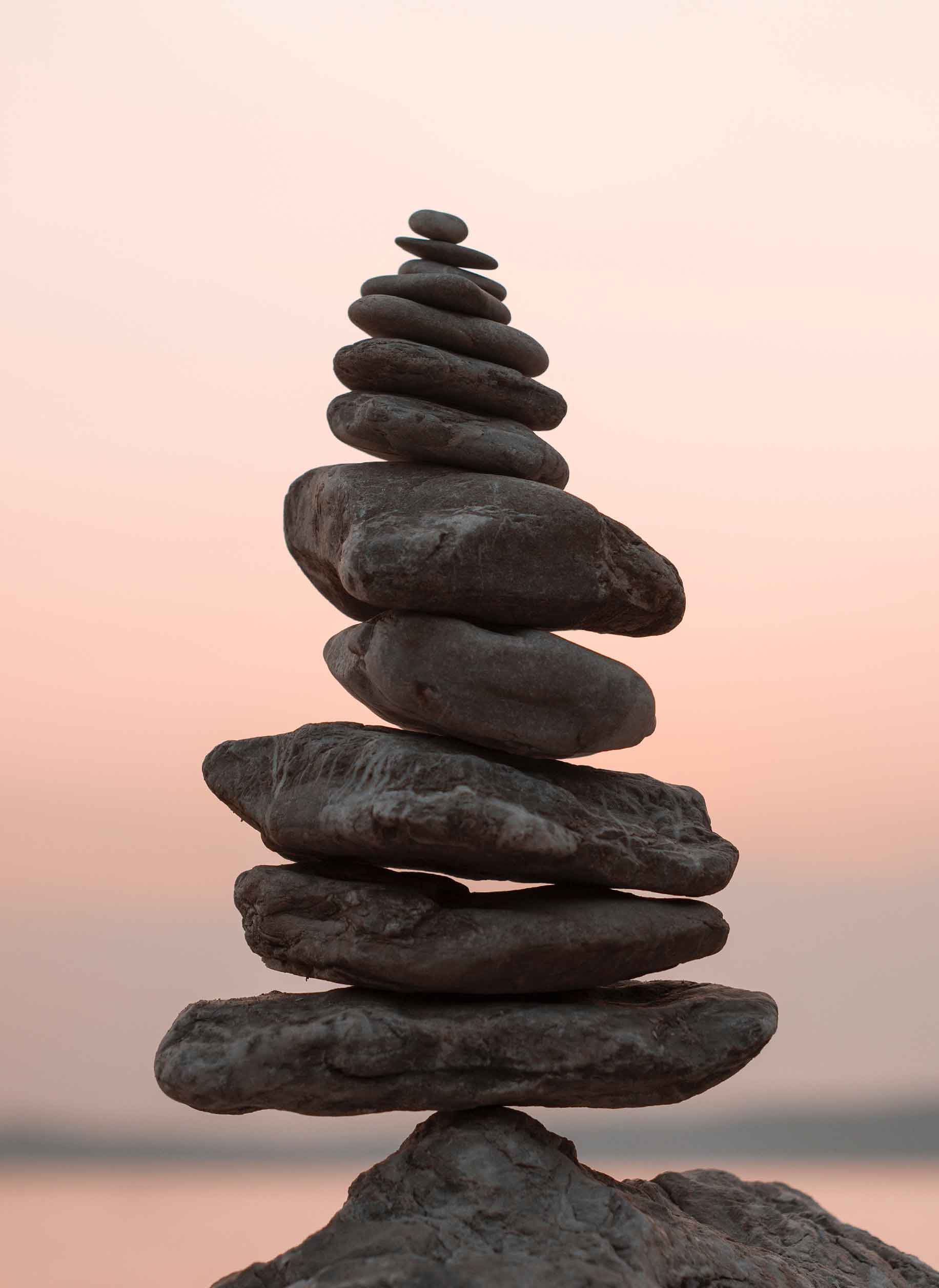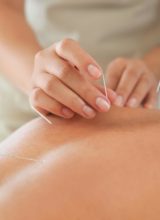
Dizziness is one of the most common reasons adults visit their doctors.
Although dizziness may seriously interfere with a person’s day-to-day life, it is usually not indicative of a serious or life-threatening condition. Dizziness can be caused by many things such as an ear infection, stroke, migraine, heart problems, or anxiety disorders.
Dizziness in Chinese Medicine (TCM) is a symptom that can range from a very slight dizziness, sometimes only occurring when changing posture, to very severe vertigo with loss of balance as everything around the person seems to be spinning. Also, in Chinese medicine, the term dizziness includes the very common sensation of mugginess and a heavy feeling as if the head was full of cotton, with clouded thinking and an inability to concentrate.
Common Factors
The common factors that may lead to dizziness are emotional strain, overworking the body, and diet. Emotions such as anger, frustration, resentment, and bottled-up animosity affect the liver and over time, cause heat to accumulate in it. This type of dizziness is due to an excess in the body.
Overwork and also sexual taxation, over many years can cause dizziness by slowly weakening the kidneys. Over time the kidneys, our main storehouse and production facilty of energy, fail to create enough energy to nourish the brain, and dizziness occurs. This is considered a deficiency type.
Diet with an excessive consumption of greasy foods or dairy products or irregular eating habits will weaken the spleen and stomach, creating a damp environment in the body and eventually an accumulation of phlegm. This dampness and phlegm then blocks the body’s clear, clean qi-energy from properly circulating to the head, which gives rise to dizziness.
The severity of dizziness can vary according to the cause. For example, if the liver is the cause, the dizziness would be severe, with other symptoms that may include tinnitus, irritability, headache, red face, bitter taste, vertigo, tremors, and loss of balance. If the spleen and stomach are involved, and in an early stage before dampness and phlegm have accumulated, there would be slight dizziness, perhaps accompanying a posture change, fatigue, dull-pale complexion, and poor appetite. When phlegm has accumulated the dizziness would be accompanied with heavy-headedness, difficulty thinking and concentrating (especially in the morning), nausea, poor appetite, and a sticky taste in the mouth.
Treating dizziness with acupuncture involves looking at the underlying pattern that is causing the dizziness, and then targeting this imbalance. The idea is to treat the cause of the symptom to resolve it, treating the underlying condition rather than just the symptoms, and in this way many symptoms can be addressed and overall health is improved.
With Chinese medicine, health is based on the idea that the body is never static- our internal environment is constantly fluctuating as it responds to our external environment. We know this to be true through the study of modern medicine, and the various systems within our body that act to maintain homeostasis, or a stable norm in our body’s functioning. Chinese medicine sees disease as occurring when your body fluctuates too far from its normal healthy state and then becomes stuck in that imbalance, rather than naturally correcting the imbalance as it normally would do.
Acupuncture treatment works with your body to promote homeostasis and healing, influencing things like blood pressure, heart rate, hormones, endorphins, and sympathetic and parasympathetic systems to bring your body back into a healthy- and in this case, “balanced”- functioning state.
Medical Disclaimer: The information and advice published or made available through this website is NOT intended to replace the services of a physician or a health care professional acting under a physician’s supervision, nor does it constitute a doctor-patient relationship which has been established by an in-person evaluation of a patient.
Cheong Holistic Medicine
- (604) 684-4333
- 1160 Burrard Street, Suite 405
- Vancouver, BC V6Z 2E8
- Click HERE to see us on Google Maps
- About Cheong Holistic Medicine
Clinic Hours
- Mon-Fri: 9AM – 5PM
- Sat: 9AM – 12PM
- Our clinic is quite often busy. Please make an appointment for convenience.







Send a comment